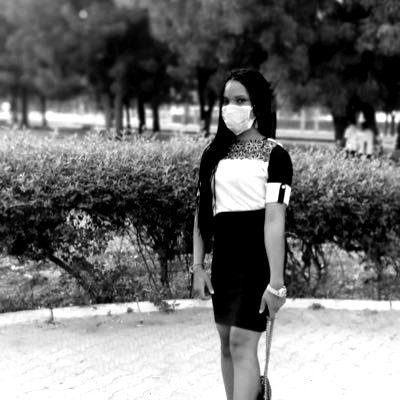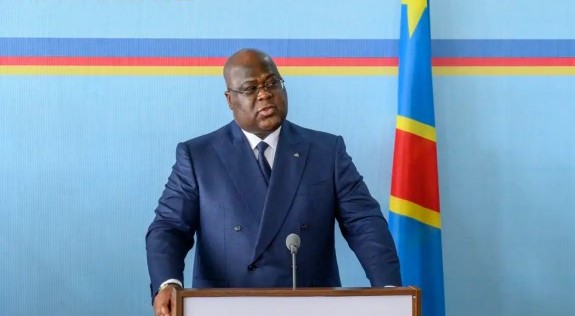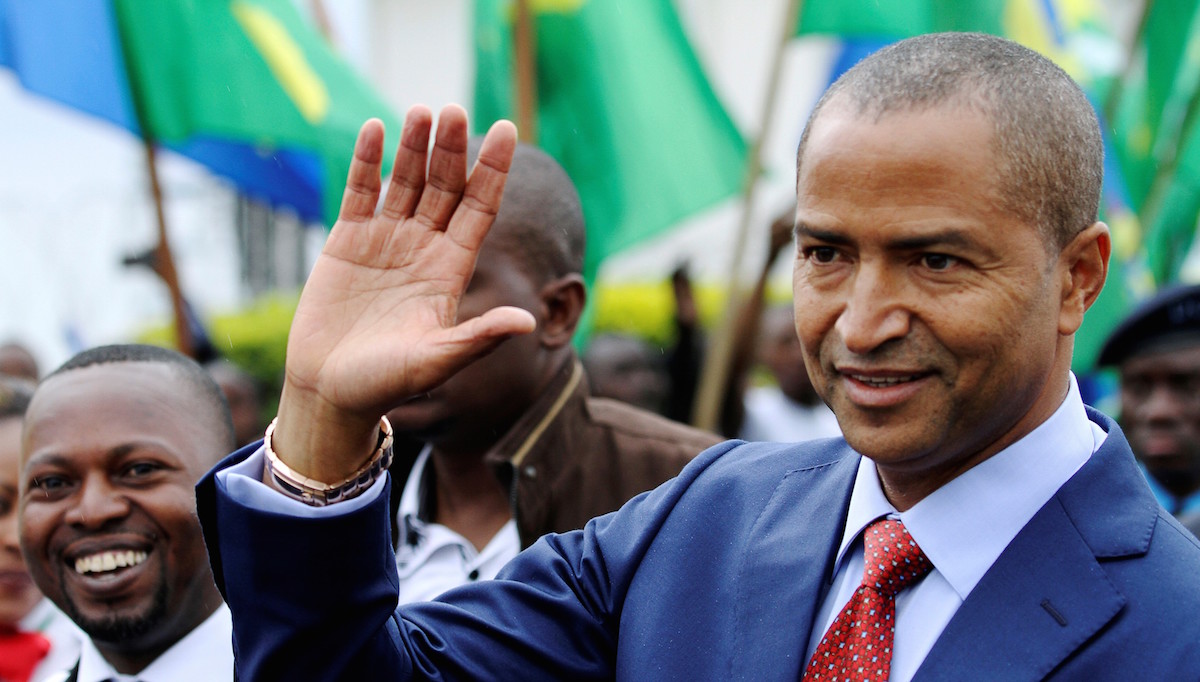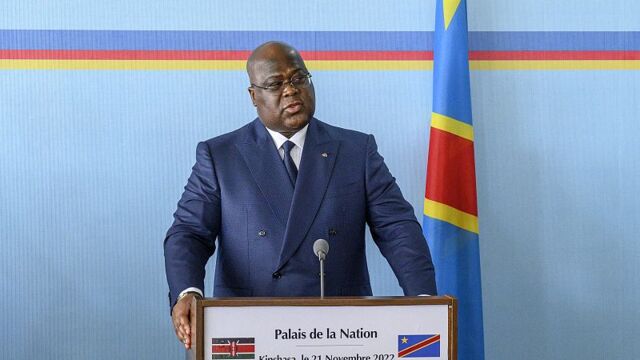Regional
DRC: Tshisekedi wreaking havoc on political opponents to gain advantage ahead of polls
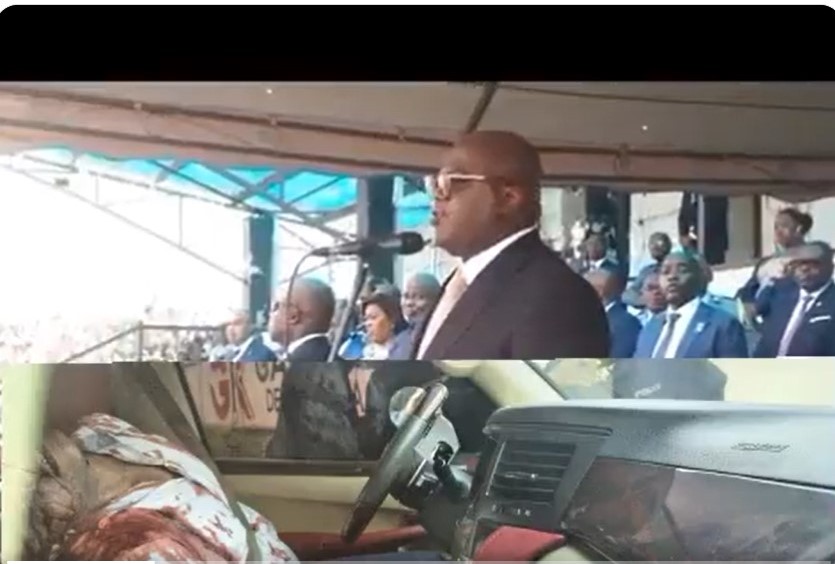
While
attending a jubilee mass in Kasaï on June 25, DRC President Felix Tshisekedi openly
told the population that he will not hesitate to attack any Congolese without
remorse.
“No
matter what they say, violation of human rights, deprivation of freedom, I will
not budge because I am a democrat. I will remain a democrat. I have no lessons
to receive from anyone in this area,” announced Tshisekedi.
Two
weeks later, on July 13, in Kinshasa, Chérubin Okende, a Congolese opposition
lawmaker was found dead in a car.
Okende
was DRC’s former Minister Transport, and was serving as a senior executive and
spokesperson for the opposition party, Ensemble
pour la Republique, Moise Katumbi's party. The latter announced his
candidacy for the presidential elections slated for December 2023.
The
events preceding the tragedy remain, for the moment, unclear. According to his
family, Okende went to court on July 12, and dispatched his bodyguard to
deliver a letter. Upon the latter’s return the former had disappeared, in broad
daylight in the parking lot of a heavily guarded Constitutional Court.
Following
the discovery and announcement of his death, the streets of Kinshasa flooded with
grieving supporters, some demanding the DRC government to punish the
perpetrators, others calling his death a ‘political assassination’ committed by
the government.
As
DRC heads to polls, violence against political opponents is increasing, leading
to suspicions and accusations piling against Tshisekedi who is believed to be
behind these attacks.
Several
members of opposition parties, like the Ensemble
pour la Republique, including Mike Mukebayi, Franck Diongo, and all members
and close advisors of Katumbi are under arrest.
Salomon
Kalonda, the special adviser to Katumbi, was brutally
arrested by Congolese military intelligence agents, at Kinshasa
International Airport, on May 30. He was accused of possessing a firearm and
being in permanent contact with the officers of the M23 rebels, and Rwanda.
In
2019 when Tshisekedi was sworn in as president, it was a landmark moment - the
first peaceful transfer of power in the country’s almost six-decade history.
Tshisekedi
then pledged to build a strong DRC, in terms of economic development for each
citizen and provide the peace and security that the country badly needs.
Holding
the presidential seat for five years, Tshisekedi did not deliver any of his
promises to the Congolese citizens. With six months left to the December
presidential election, he wants to be re-elected despite his incompetency. His
only chance at holding that seat again is by wreaking havoc in the country.
Political
analysts opine that since Tshisekedi assumed office in 2019, there is nothing
he can show the Congolese people in terms of social economic development of the
country. He is in a panic mode, they say. As such, it is noted, Tshisekedi’s
opponents are now working in a climate of terror and fear.
Following
the death of Okende, Martin Fayulu, a Congolese opposition leader, claimed to
be ‘shocked and appalled’ by what resembles a political assassination. In the
past, Fayulu had accused Tshisekedi of trying to rig the upcoming elections
through the Independent National Electoral Commission (CENI).
Majority
of Congolese in opposition strongholds found it hard to register for elections,
accusing CENI of deliberately creating problems including delays in the
registration, delivery of kits, solar panels, and cables, in order to organize
electoral chaos to prepare for fraud.
Clearly,
all the tactics orchestrated by Tshisekedi have been exposed. The only
plausible solution to his dilemma is eliminating his opponents, one by one.
Political
commentators have argued that this can lead to full blown violence before the
elections, in addition to the ongoing conflict in the east of the country.


